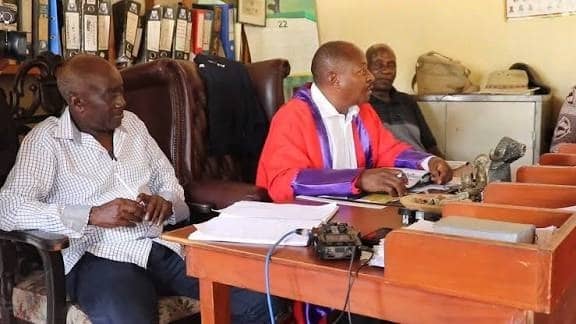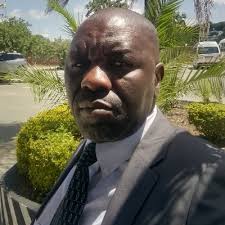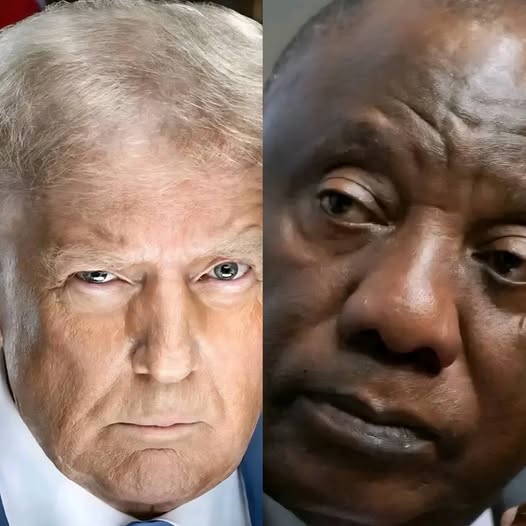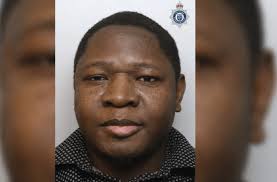
In a resounding victory for free speech, the High Court has dismissed the Rusape Town Council’s attempt to silence local resident Takudzwa Noel Mwashaenyi. Justice Sijabuliso Siziba slammed the council’s bid for a final interdict, ruling that Mwashaenyi’s criticism of the municipality’s tender and financial dealings was protected by the constitution.
Mwashaenyi had taken to social media and WhatsApp to accuse the council of corruption in awarding a tender to Hurntspine Enterprises (Pvt) Ltd. The council, feeling its reputation bruised, sought to muzzle Mwashaenyi with a court order. However, Justice Siziba was having none of it.
In a scathing rebuke, Justice Siziba emphasized that public bodies like the Rusape Town Council have no right to suppress legitimate criticism. “Freedom of expression constitutes one of the essential foundations of a democratic society,” he declared. The court ruled that Mwashaenyi’s statements fell under fair comment and were protected by the right to free expression.
The council argued that Mwashaenyi’s claims damaged its reputation and deterred potential investors. However, the court saw through this ruse, recognizing that allowing public bodies to sue for defamation in such cases would severely restrict citizens’ ability to hold them accountable.
Justice Siziba dismissed all preliminary objections and lifted the interim interdict, ruling that Mwashaenyi’s right to speak out could not be overridden by potential inaccuracies in his claims. In a nod to the broader public interest, the court ordered no costs, signaling its recognition of the importance of this case.
Mwashaenyi was ably represented by Leonard Chigadza from the Zimbabwe Lawyers for Human Rights. This landmark ruling is a testament to the power of free speech and the importance of holding public bodies accountable.
In a democratic society, freedom of expression is sacrosanct. This ruling sends a strong message that public bodies cannot silence criticism through court orders. The Rusape Town Council’s bid to gag Mwashaenyi has been resoundingly rejected, and the right to free speech has been upheld.
end//..







